 Ethnic Groups
Ethnic Groups 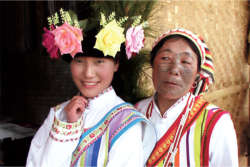
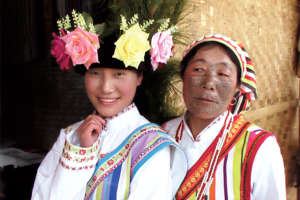
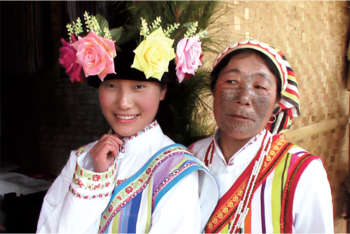
The Dulong people are one of China's ethnic minorities and the smallest ethnic group in Yunnan Province. They speak the Dulong language and do not have their own writing system. The Dulong people originally had the custom of group marriage, which no longer exists. Both men and women wear their hair loose, and girls have the habit of tattooing their faces. The Dulong people believe that all things have spirits, worship natural objects, and believe in ghosts and gods.
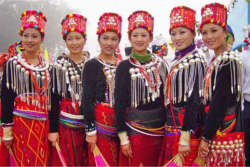
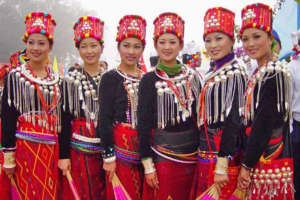
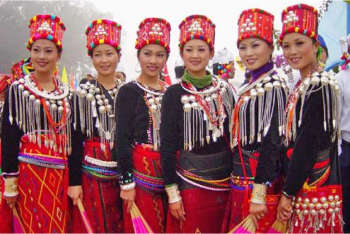
The Jingpo ethnic group has a population of about 150,000, and most of them live in Yunnan. They are known for their strength, bravery and determination. They take great pride in the unity of their nation.
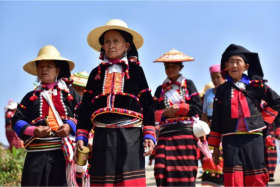
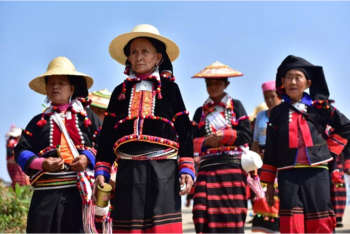
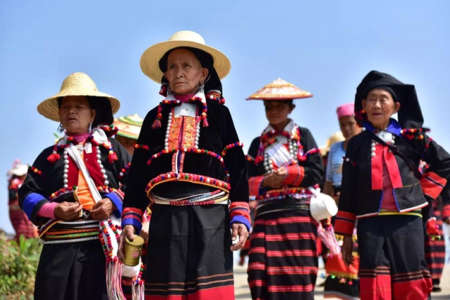
The De'ang people, numbering about 20,000 in Yunnan, is descended from the ancient Pu people who lived along the Nu River in the 2nd Century BC. They play a great variety of traditional musical instruments such as kick drums, cymbals, chimes and mouth strings to accompany their lively singing and dancing.
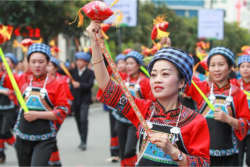
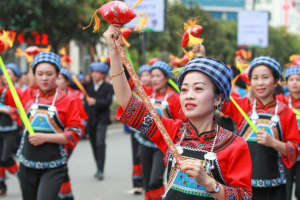
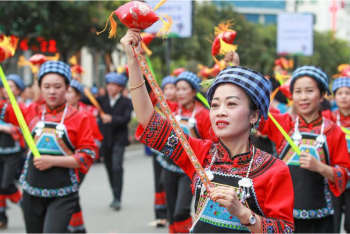
There are more than 2.8 million Buyi in China, mostly in Guizhou, with some in Sichuan and about 55,000 in Yunnan. They live in the Buyi area of Luoping and Fuyuan counties, with a small number in Shizong, Maguan, Hekou and other counties.
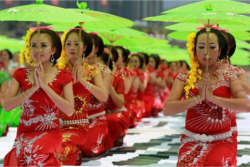
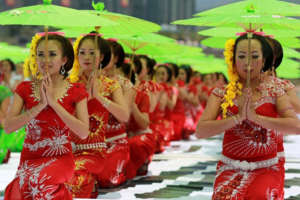
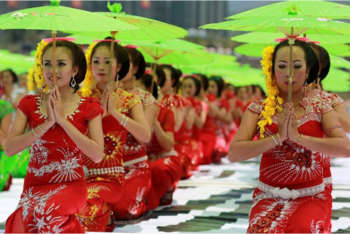
The Dai ethnic group numbers more than 1 million living primarily in the Xishuangbanna Dai Autonomous Region and the Dehong Dai-Jingpo Autonomous Prefecture in southern Yunnan Province. They are known for their lively music and dance, and for their distinctive architecture.
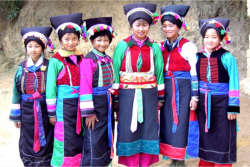
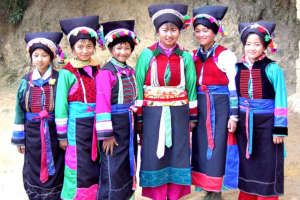
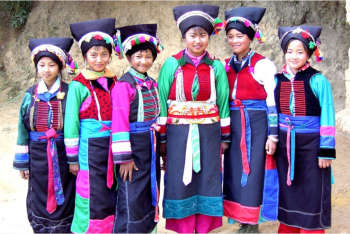
Nearly all of the 120,000 Bulang people live in Yunnan. They are highly musical and their culture is driven by music. They use foot drums and traditional instruments to accompany their lively singing and dancing, which often continues late into the night during festival season.
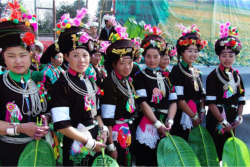
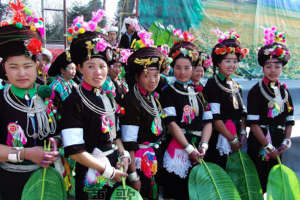
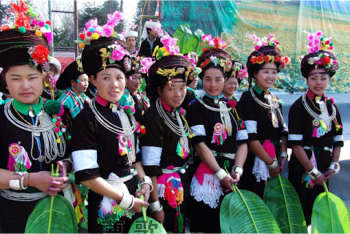
The Achang people, who number around 40,000 in China, are almost all in Yunnan. They are one of the earliest known aboriginal people of China and they trace their ancestry back to the "Xunchuan" tribe that lived on the Nu River as far back as the second century AD.
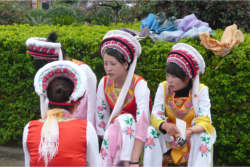
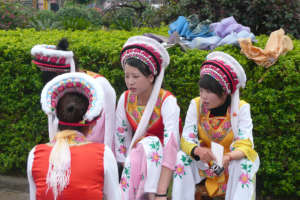
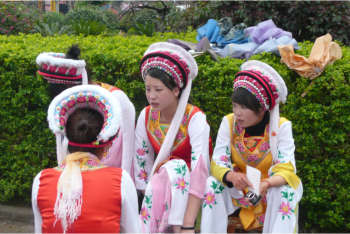
There are nearly 2 million Bai people in China, about 1.5 million of them in the Dali Bai Autonomous County of Yunnan Province, as well as Lijiang, Kunming, Yuanjiang and Guizhou. They are known for their artistic creativity in painting, sculpture, crafts, music and architecture.